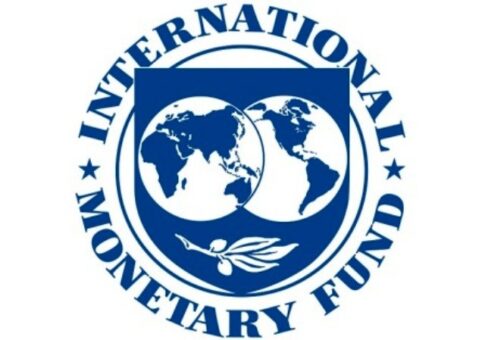The International Monetary Fund (IMF) has asked the Federal Board of Revenue (FBR) to submit alternate taxation proposals if the government proceeds with its planned tax relief for the salaried class in the upcoming federal budget for 2025–26.
This move comes as Pakistan looks to finalize key budgetary measures while aiming to meet ambitious revenue targets amid mounting economic challenges.
According to media reports, the FBR has floated a proposal to provide tax relief to the salaried class, which is estimated to reduce revenue collection by approximately Rs60 billion. However, the IMF has made it clear that any such relief must be balanced by alternative revenue-generating measures to keep Pakistan on track to meet the Rs14.2 trillion revenue collection target for the next fiscal year. This is a particularly daunting goal, given the growing shortfall in the current year’s revised revenue target of Rs12.33 trillion.
A senior official involved in the negotiations confirmed that the FBR has recommended revised tax slabs to ease the burden on the salaried class. One key proposal includes reducing the tax rate on the first income slab (Rs600,000 to Rs1.2 million annually) from the existing 5% to just 1%. This would bring down the annual tax from Rs30,000 to Rs6,000 for individuals earning Rs100,000 per month. However, the IMF has suggested a compromise rate of 1.5%, translating into a Rs9,000 annual tax for the same income bracket.
Furthermore, the FBR has proposed a 2.5% reduction across each higher income slab within the salaried class, reducing the maximum slab rate from 35% to 32.5%. While these proposals are under discussion, the complete financial impact is still being calculated and is pending final agreement between the FBR and IMF.
The fate of other taxes—such as the 10% surcharge and the controversial Super Tax—also remains uncertain. Officials indicated these measures may be rationalized gradually, with reductions beginning in the upcoming budget.
Complicating matters further, the FBR is also wrestling with the potential fallout of a tariff rationalization plan, which could result in an estimated revenue loss of Rs200 billion. There are also concerns about how reduced tariffs could increase misdeclaration risks at customs, especially with the reclassification of goods into lower-tax categories.
Amid these fiscal pressures, the salaried class continues to be at the center of a delicate balancing act between relief and revenue—a challenge the FBR must navigate with caution under the close scrutiny of the IMF.
